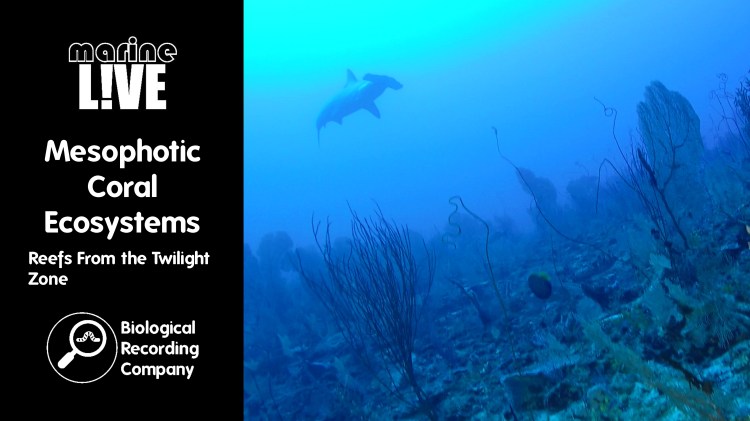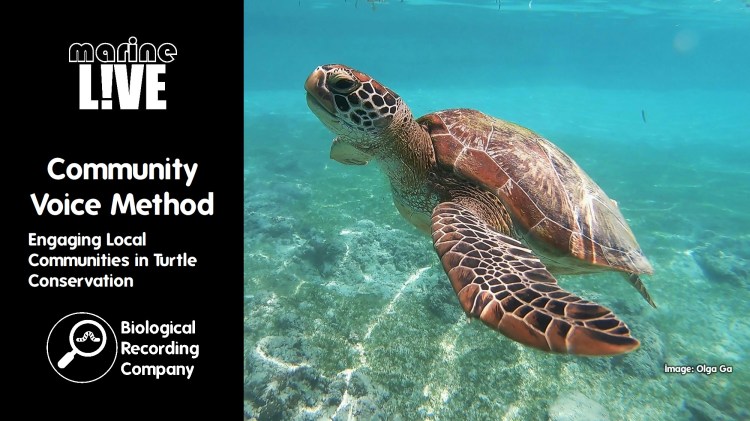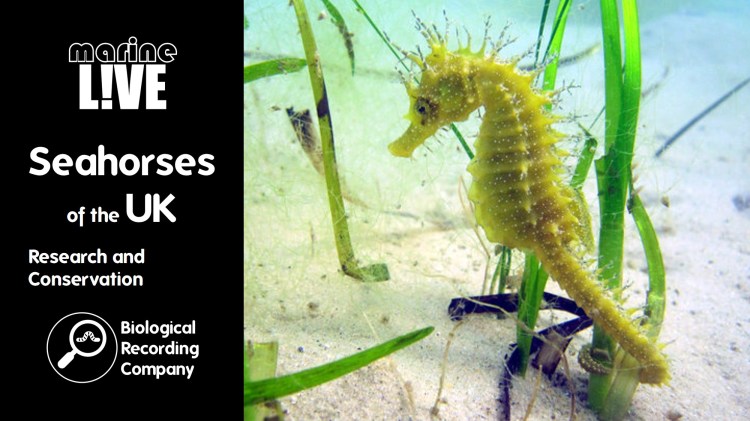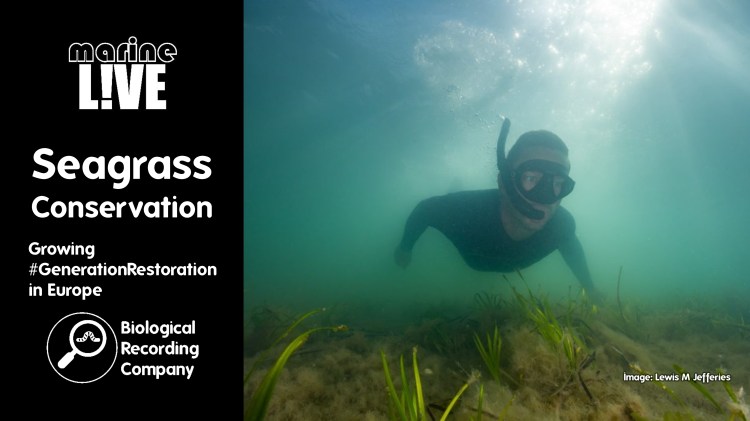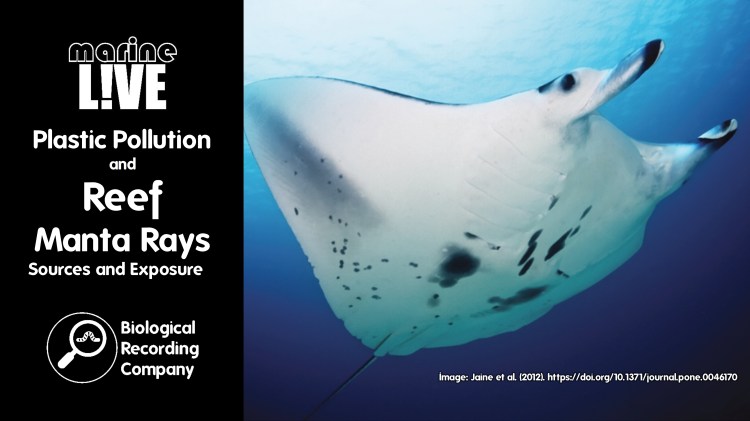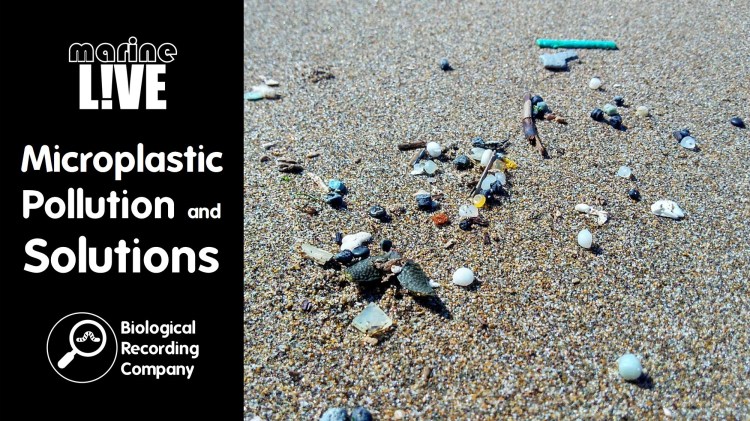Flying squids are fascinating organisms. They exist in their own kingdom in the mesopelagic realm, where they attain huge biomasses and are crucial for energy and matter cycles in the water column. Besides their ecological importance, they are also important economically, as they sustain almost 50 % of current cephalopod landings in the world. Fernando will give a short snapshot of their mysterious and amazing life, as well as how each species is related to the other.
Fernando Ángel Fernández-Álvarez is a marine zoologist specialising in cephalopods with a focus on the oceanic squids that occupy offshore pelagic environments. As the object of his doctoral dissertation, flying squids occupy a special spot in his heart. Among other topics, he has studied their evolutionary relations, their reproductive biology and how sperm is transferred among males and females, who will store them for long periods of time.
Q&A withFernando Ángel Fernández-Álvarez
Do you approve of the new farming ideas for squid?
I don’t see the methods being used for octopus farming being feasible for squid. There are debates regarding the intelligence of octopus and squid, and if this means that it is unethical to eat them but this is not an area that my research is involved in and I’d prefer not to enter into that debate in this talk. I’m aware that there is an entoLIVE webinar coming up on invertebrate sentience so this is a great question for that talk!
Can even the large Humboldt squid fly?
Yes, they do. In 2015, I was fishing for flying squid a few years ago in the Gulf of California and a colleague was actually hit in the chest by a Humboldt squid subadult propelling itself from the water! It’s only the smaller individuals that can do this and once they get to a certain weight you won’t find them propelling themself out of the water.
Can the female store the sperm until she is strong enough to create eggs?
Yes they can store sperm from very young ages. I have seen immature females storing sperm. In the Humboldt Squid (Dosidicus gigas) large morphotype, females may cannibalise smaller males so mature males may be reluctant to mate with the larger mature females!
Are flying squid at risk from over-fishing?
Flying squid have huge biomasses. Although they are caught in large numbers, there is a huge number of flying squid in the sea. To my knowledge, there is no indication of overfishing threatening flying squid populations – but this is still something that we should watch. Many species that are overfished are from the higher trophic levels, so it is likely to be better to eat species that exist in the lower trophic levels.
With 3 years of La Nina, should there be much larger squid in a few years?
I can’t really comment on the situation right now, but a few years back one researcher was still finding the small morphotype. In theory, if the conditions were extended you could end up with larger squid but we don’t know how many generations would be needed for this to happen.
Are episodes of squids being washed up to shore mainly caused of their massive mortalities after spawning?
This is usually for other reasons. When breeding they will more often sink where they are and it is unlikely that they will reach the coast. Toxic algae can poison the squid and cause these mass mortality events. Another reason could be that they get disoriented during migration and end up washed up on the shore.
What is the function of the buccal papillae?
That is a very good question. We’re not entirely sure but it is found in other squids and is likely to be related to the diet of the squids. I believe that it may be related to the manipulation of the particulate organic material they eat. Interestingly, these buccal papillae disappear the moment they start to hunt actively.
Do flying squids school all or part of the time?
Cephalopod paralarvae do not form schools. In fact, the beginning of the schooling behaviour marks the end of their lives as paralarvae in many squids. There is not much information on many flying squids, but most oceanic squids school during at least some portion of their subadult lives. They also can aggregate for spawning, but I wouldn´t call that schooling behaviour.
Why is it that the vast majority of cephalopods are predators?
That´s a very good question. I am no paleontologist, so please take my answer on this with a grain of salt. I believe that evolutionary constraints are actually at hand: most likely ancient coleoids were predators with quick metabolisms and short lives fueled by a voracious diet based on other animals. Thus, all neocoleoid cephalopods we find today are still living in the same way. The three exceptions to this predatory lifestyle we find inside the neocoleoids, the vampire, the ram’s horn squid and flying squid paralarvae, are likely evolutionary innovations for thriving in environments with low density of prey for the Vampire Squid (Vampyroteuthis infernalis) and the Ram’s Horn Squid (Spirula spirula), and to take advantage of an explored trophic resource by other cephalopod paralarvae in the case of flying squids. The only extant non-coleoid cephalopods, Nautilus and Allonautilus species, most likely did not depart in their evolutionary path from a slower pace of life and opportunistic diet.
Are there any concerns for squid in the early stages of life that arise from human behaviour, climate change, pollution, and commercial fishing behaviour?
This is a very unexplored topic. It is very likely that our impacts over the sea through chemical, light, sound and any other kind of pollution we create can alter the behaviour of early life stages of cephalopods, and even lead to increased mortalities. Climate change would definitely affect embryo development and survival and can speed up paralarval development, which might not be a good thing for them. Some commercial fishing methods such as trawling are nonspecific and can also affect small squids and octopuses.
Literature references
- Fernández-Álvarez et al (2018) The journey of squid sperm: https://link.springer.com/article/10.1007/s11160-017-9498-6
- Fernández-Álvarez et al (2018) Predatory flying squids are detritivores during their early planktonic life: https://doi.org/10.1038/s41598-018-21501-y
- Fernández-Álvarez et al (2020) Global biodiversity of the genus Ommastrephes (Ommastrephidae: Cephalopoda): an allopatric cryptic species complex: https://doi.org/10.1093/zoolinnean/zlaa014
- Fernández-Álvarez et al (2021) A phylogenomic look into the systematics of oceanic squids (order Oegopsida): https://doi.org/10.1093/zoolinnean/zlab069
- Arkhipkin et al (2014) Ambient temperature influences adult size and life span in jumbo squid (Dosidicus gigas): https://cdnsciencepub.com/doi/full/10.1139/cjfas-2014-0386
- Arkhipkin et al (2015) World Squid Fisheries: https://www.tandfonline.com/doi/full/10.1080/23308249.2015.1026226
- Hoving et al (2013) Extreme plasticity in life-history strategy allows a migratory predator (jumbo squid) to cope with a changing climate: https://doi.org/10.1111/gcb.12198
- Jeena et al (2023) Insights into the divergent evolution of the oceanic squid Sthenoteuthis oualaniensis (Cephalopoda: Ommastrephidae) from the Indian Ocean: https://doi.org/10.1111/1749-4877.12705
entoLIVE
entoLIVE webinars feature guest invertebrate researchers delving into their own invertebrate research. All events are free to attend and are suitable for adults of all abilities – a passion for invertebrates is all that’s required!
- Donate to entoLIVE: https://www.gofundme.com/f/entolive-2026
- Upcoming entoLIVE webinars: https://www.eventbrite.com/cc/entolive-webinars-74679
- entoLIVE blog: https://biologicalrecording.co.uk/category/entolive-blog/
- entoLIVE on YouTube: https://youtube.com/playlist?list=PLuEBNUcfMmE95Re19nMKQ3iX8ZFRFgUAg&feature=shared
entoLIVE is only possible due to contributions from our partners and supporters.
- Find out about more about the British Entomological & Natural History Society: https://www.benhs.org.uk/
- Check out the Royal Entomological Society‘s NEW £15 Associate Membership: https://www.royensoc.co.uk/shop/membership-and-fellowship/associate-member/


